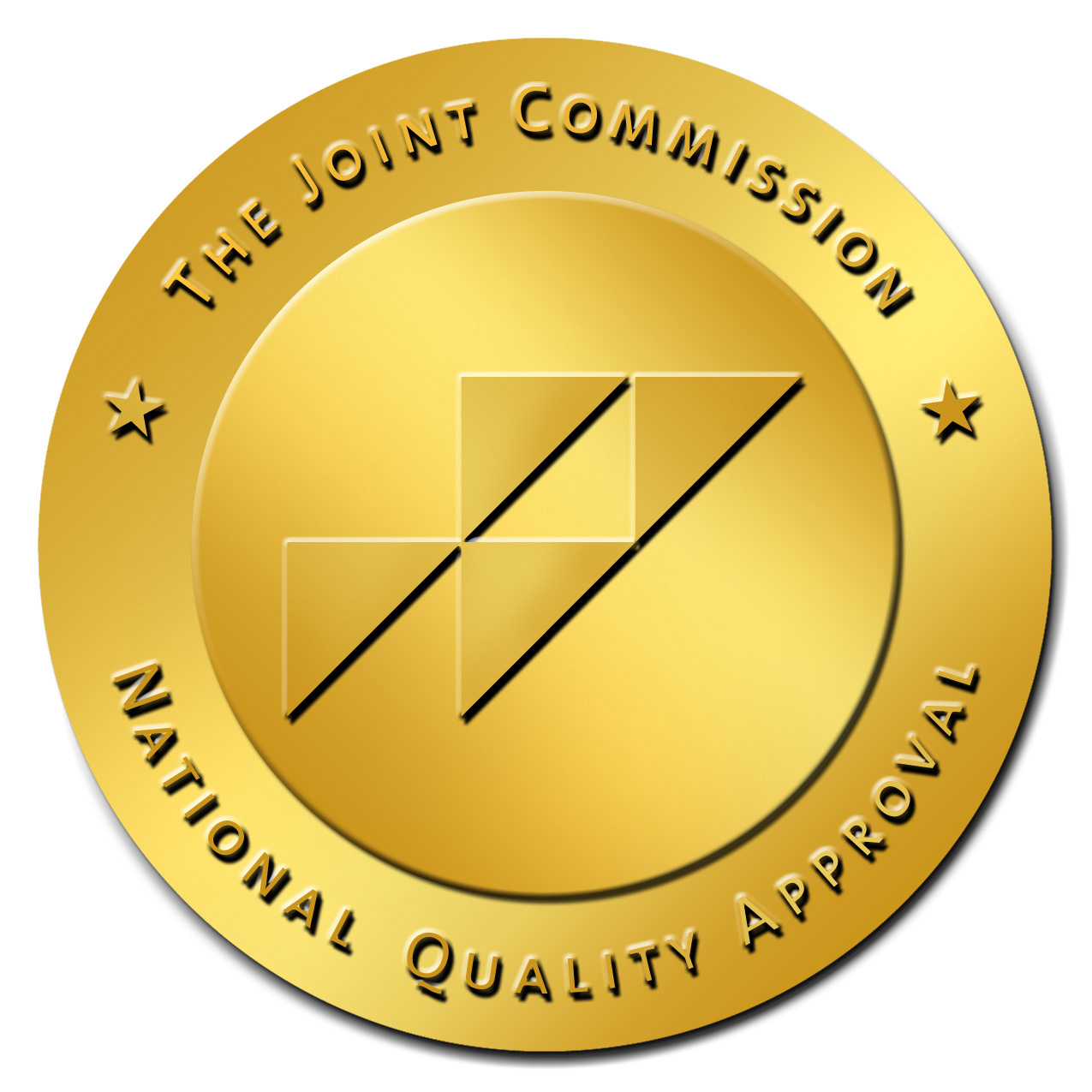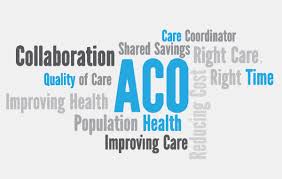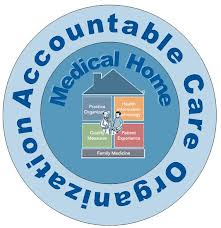5 Ways Healthcare Delivery Has Changed Forever | Doctor’s Channel
As part of BHM’s partnership with The Doctor’s Channel, Anthony Grimaldi, BHM’s Senior Vice President Provider/Hospital Division, explains the changes to the way that providers must deliver healthcare.









